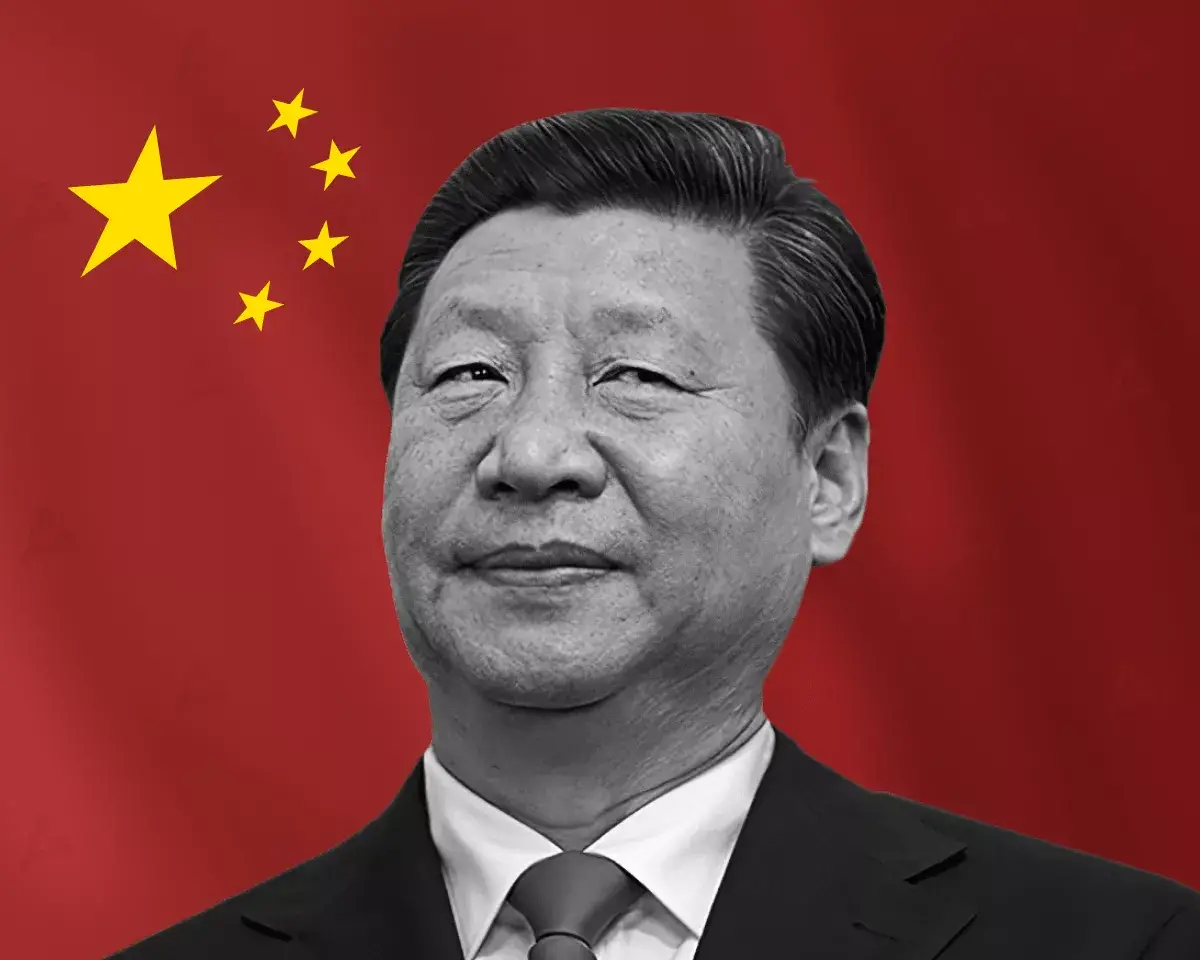Is it in China's interest to end the war in Ukraine?

The World Economic Forum in Davos, Switzerland, has clarified Beijing's interest in ending the largest armed conflict in Europe since World War II
For Ukrainian President Volodymyr Zelenskyy, increasing pressure on China, which is russia's strongest political ally, was a key topic of discussion during the meeting of the world's elite in Davos. During this event, Zelenskyy expressed his desire to involve China in a peace plan for Ukraine. The Foreign Minister, Dmytro Kuleba, expressed a desire to expand contacts with China at all levels, while leaving open the possibility of a meeting between the president and China's chief delegate on the sidelines of the forum.
But Chinese Premier Li Qiang left the Davos forum without having met with Zelenskyy. In his speech, which lasted about 25 minutes, he also refrained from directly mentioning the war in Ukraine, focusing instead on telling the audience about the state of the Chinese economy.
Although, last year, Beijing has shown interest in a peaceful resolution of the conflict in Ukraine. China even put forward its own peace proposal, which, unlike Ukraine's demands, provided for a ceasefire without the prior withdrawal of russian troops.
One of the main reasons for such actions on the part of Beijing was that the United States changed its focus from Ukraine to the Middle East, in particular to the war in the Gaza Strip. But unlike the United States, which supports Israel, Beijing expressed support for Gaza.
"Gaza has been under siege for "16 long years" and 2.3 million innocent people live in absolute fear. If this is not prevented, the situation will worsen and there will be an even greater catastrophe," said Chinese Ambassador to the UN Zhang Jun.
Chinese Foreign Minister Wang Yi also called for a large-scale international peace conference to resolve the conflict.
When, on the morning of January 12, 2024, the United States and the United Kingdom, with the support of Australia, Bahrain, Canada, and the Netherlands, initiated successive air and missile strikes against the Houthis in Yemen in response to their attacks on ships in the Red Sea. China's response was not long in coming, with Beijing expressing concern over "rising tensions in the Red Sea and calling for caution."
From this we can conclude that the conflict in the Gaza Strip offers China an opportunity to prove itself as an alternative to the United States as an international leader, in particular for the countries of the Global South. China is also spreading the perception that U.S. policies are disruptive to global stability.
"A lot of frustration and resentment has gone into the Gaza conflict... and this is where China is using this opportunity to become a recognized diplomatic force for good," said Alex Gabuev, director of the Carnegie Eurasia Center in Berlin.










